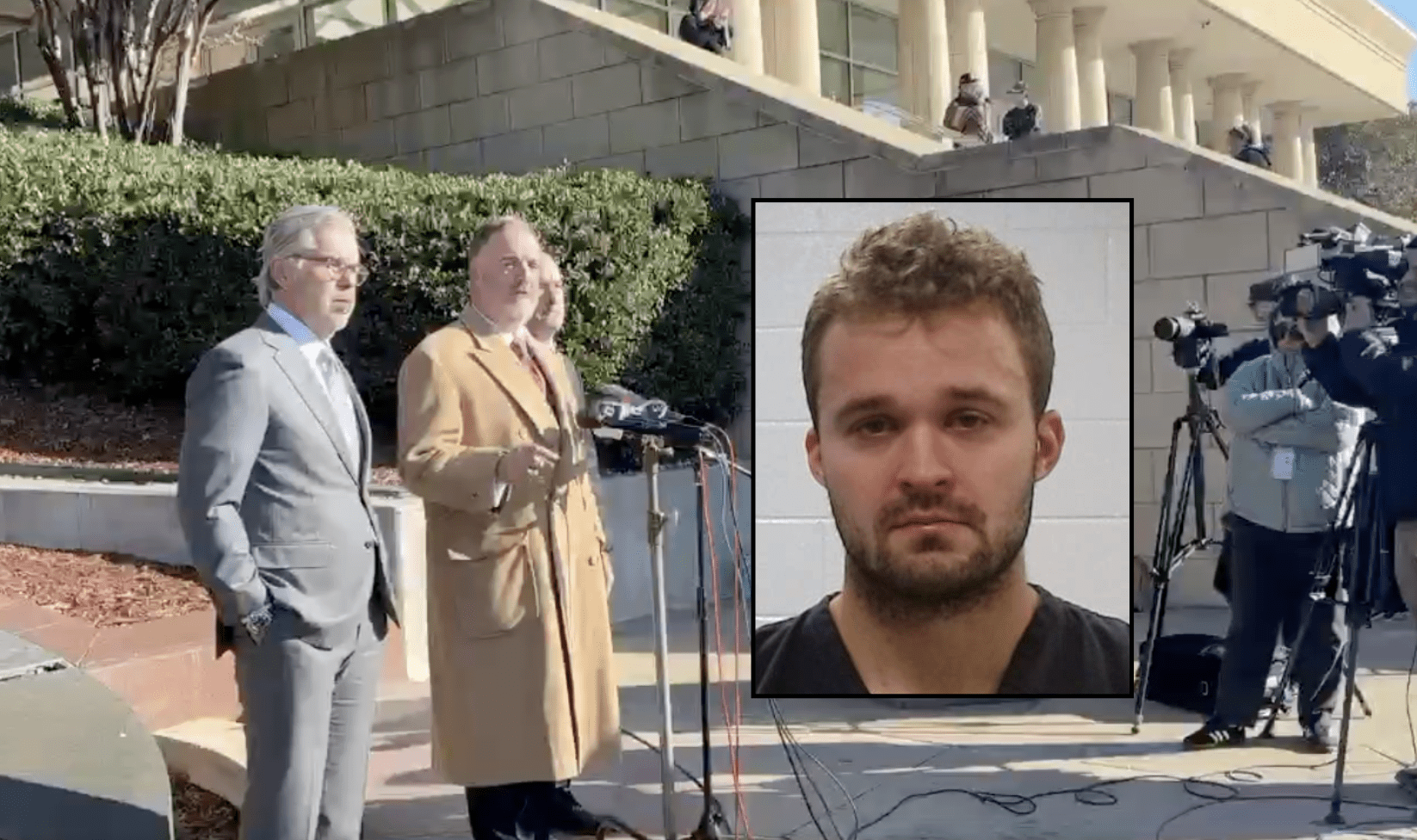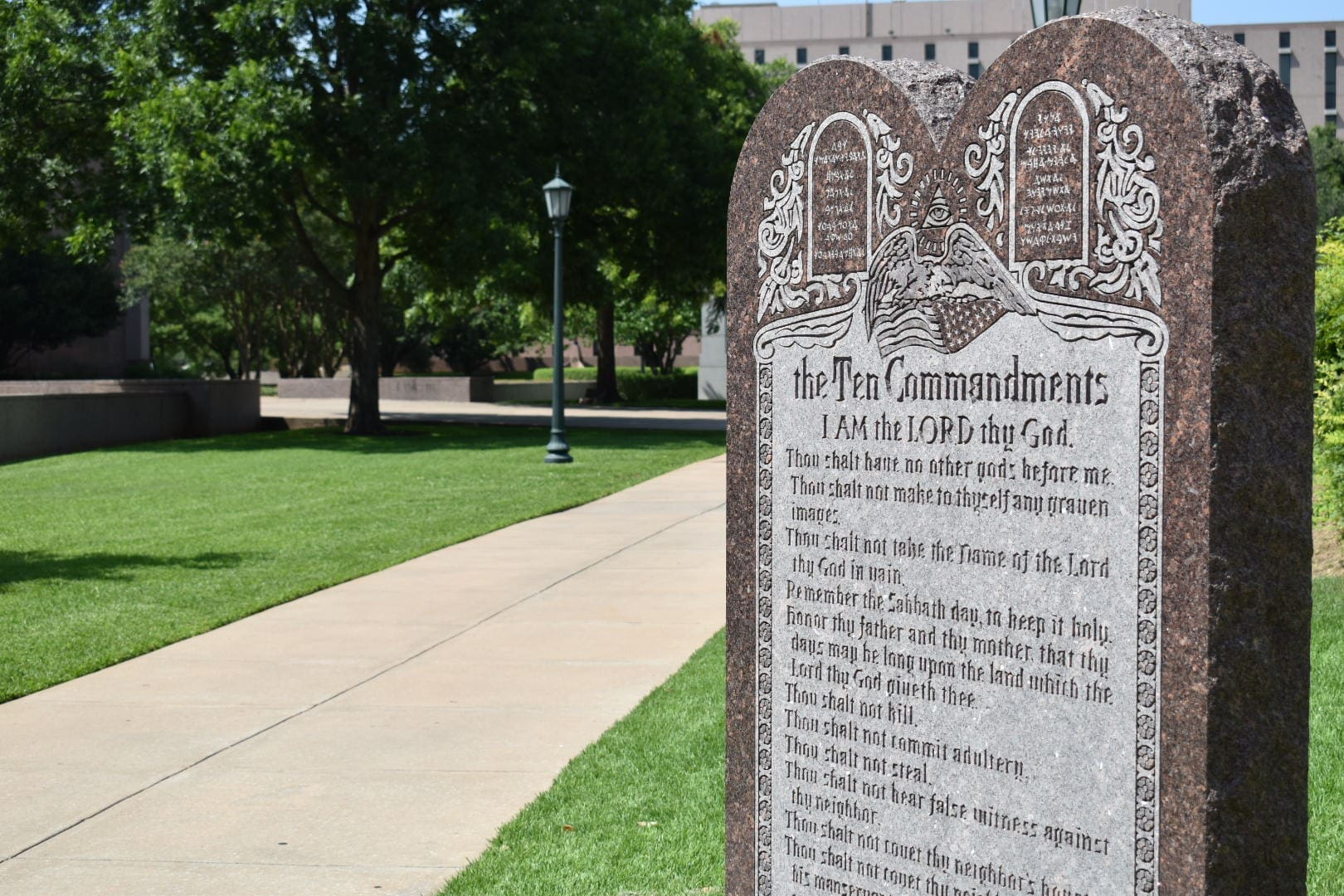On Monday, Texas Gov. Greg Abbott submitted a letter to the Texas State Board of Education, Texas State Library and Archives Commission, and Texas Education Agency, directing them to “develop statewide standards to prevent the presence of pornography and other obscene content in Texas public schools, including in school libraries.”
Brief History
On October 27, mothers in Keller Independent School District revealed that one of the local high schools had provided a sexually explicit graphic novel to minors in the school library. The book, entitled “Gender Queer,” features explicit illustrations of adolescents performing various sex acts. The school district responded and removed the book from the library.
Similarly, Leander ISD removed several books from their classrooms because of descriptive passages of overtly sexual and pornographic acts in a book entitled “In the Dream House.”
In response, on November 1, Abbott requested that the Texas Association of School Boards (TASB), which is a non-governmental entity, take action on the issue, drawing criticism from State Rep. Jeff Cason (R–Bedford), who said, “Asking a politicized TASB is not really going to accomplish much, but it does look good on Twitter.”
On November 3, TASB responded, ultimately encouraging Abbott to instead place his request in the hands of an actual government entity, such as the Texas Education Agency. The TASB executive director said:
We felt it was critically important to respond to your letter to clarify the work we do here at TASB, clarify the primary responsibilities of school boards, and respectfully note that regulatory agencies like the Texas Education Agency (TEA) and State Board of Education (SBOE) are more appropriate venues for the type of monitoring that you ask for in your letter.
Abbott’s Response
On Monday, November 8, Abbott responded by submitting a letter to the commissioner of the Texas Education Agency, Mike Morath; the chair of the Texas State Library and Archives Commission, Martha Wong; and the chairman of the Texas State Board of Education, Kevin Ellis.
In the letter, Abbott said:
In a letter last week, I raised concerns about this material with the Texas Association of School Boards and encouraged the Association to work with its members to remove pornographic and inappropriate content from Texas public schools. As the only entity in Texas that represents every local school board in Texas, the Texas Association of School Boards has an obligation to hold its members accountable and ensure that school districts are adopting the best practices when it comes to vetting the content schools are making available to students.
Abbott continued by criticizing TASB’s response:
Instead of addressing the concerns of parents and shielding Texas children from pornography in public schools, the Texas Association of School Boards has attempted to wash its hands clean of the issue by abdicating any and all responsibility in the matter. Given this negligence, the State of Texas now calls on you to do what the Texas Association of School Boards refuses to do.
What Does it All Mean?
In his letter, Abbott specifically directs the leaders of these organizations to develop statewide standards to prevent this sort of content from infiltrating public schools. He indicated that the standards they adopt “must ensure transparency about the materials being taught in the classroom and offered in school libraries” and must also ensure “that our schools have an appropriate and transparent process, which includes parents and community members, to vet school and library materials before they are used.”
Abbott stopped short of providing a timeline for the action to be taken.





